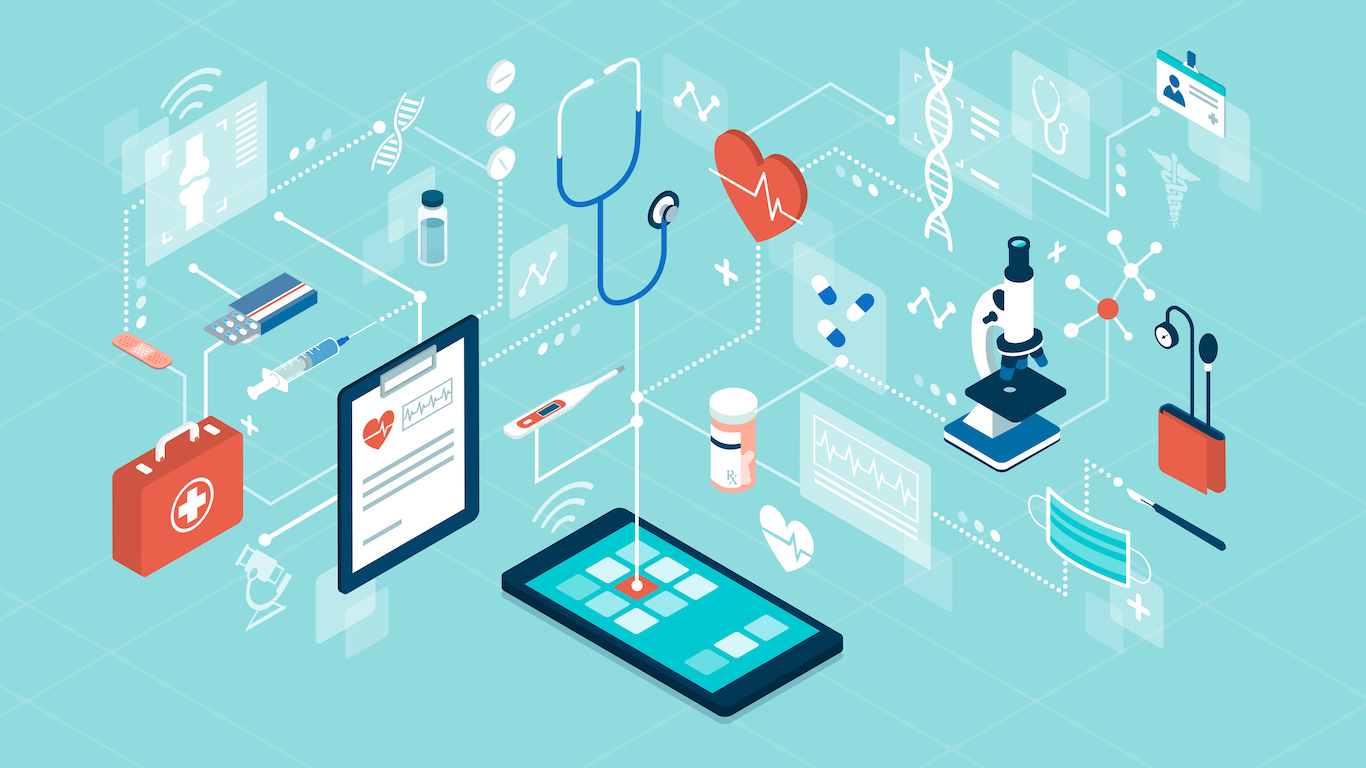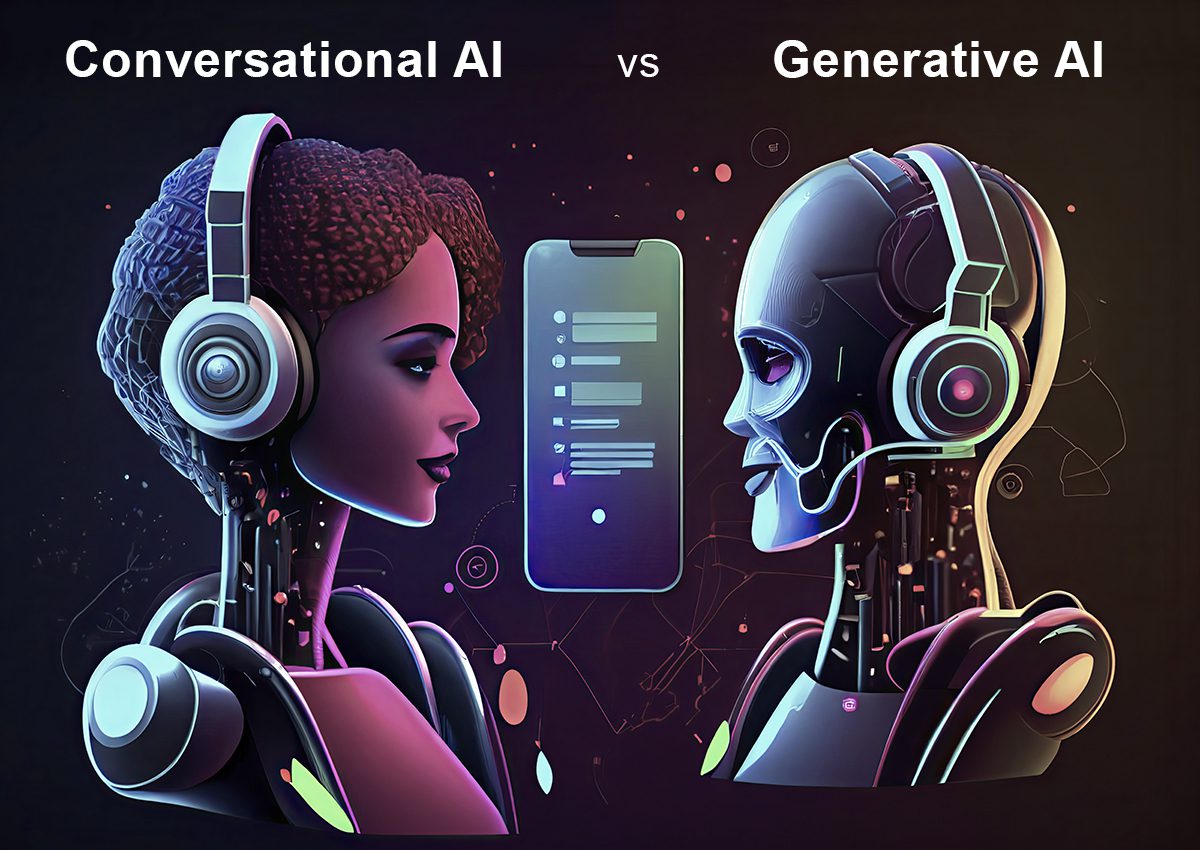
Unlocking the Potential of AI in the Workplace
Artificial Intelligence (AI) is revolutionizing the way we work, with applications ranging from content summarization to workflow automation. A recent Slack survey of 10,000 desk workers revealed that AI is predominantly used for summarizing content, writing assistance, and workflow automation. Surprisingly, 43% of respondents reported never receiving guidance on using AI tools at work. The survey highlighted the importance of company guidelines in promoting AI tool adoption.
Image for illustrative purposes
Close to half of the surveyed desk workers expressed a lack of guidance on AI tool usage, emphasizing the need for structured support in integrating AI technologies into daily workflows.
Industry Collaboration for Healthcare Innovation
In a groundbreaking move, Hippocratic AI has partnered with leading health systems, including Memorial Hermann Health System and University of Vermont Health Network, to beta test a safety-focused Large Language Model (LLM) for healthcare applications. This innovative approach aims to enhance patient-facing, non-diagnostic AI applications.
 Cutting-edge healthcare technology
Cutting-edge healthcare technology
The beta testing phase involves evaluating the AI tools across various expert workflow areas, such as chronic care management and post-discharge follow-up. The goal is to ensure accuracy, safety, and efficiency in healthcare processes.
Anthropic and AWS: Pushing the Boundaries of Generative AI
Anthropic and AWS are collaborating to introduce the next generation of generative AI models, including the Claude 3 series. These models, optimized for different use cases, offer unparalleled speed, intelligence, and performance in tasks ranging from knowledge retrieval to hypothesis generation.
 Cutting-edge AI technology
Cutting-edge AI technology
The Claude 3 models have demonstrated superior performance in math problem solving and multilingual tasks, setting new standards for generative AI capabilities.
Advancing Generative AI Responsibly
Both Anthropic and AWS are committed to advancing generative AI responsibly, emphasizing transparency, accuracy, and security in AI applications. By prioritizing ethical frameworks and safety measures, the collaboration aims to ensure the widespread adoption of generative AI technology.
Conclusion
The future of AI in the workplace and healthcare looks promising, with innovative collaborations driving advancements in generative AI technology. As industry leaders continue to push the boundaries of AI capabilities, we can expect transformative changes in how AI is integrated into various sectors.














